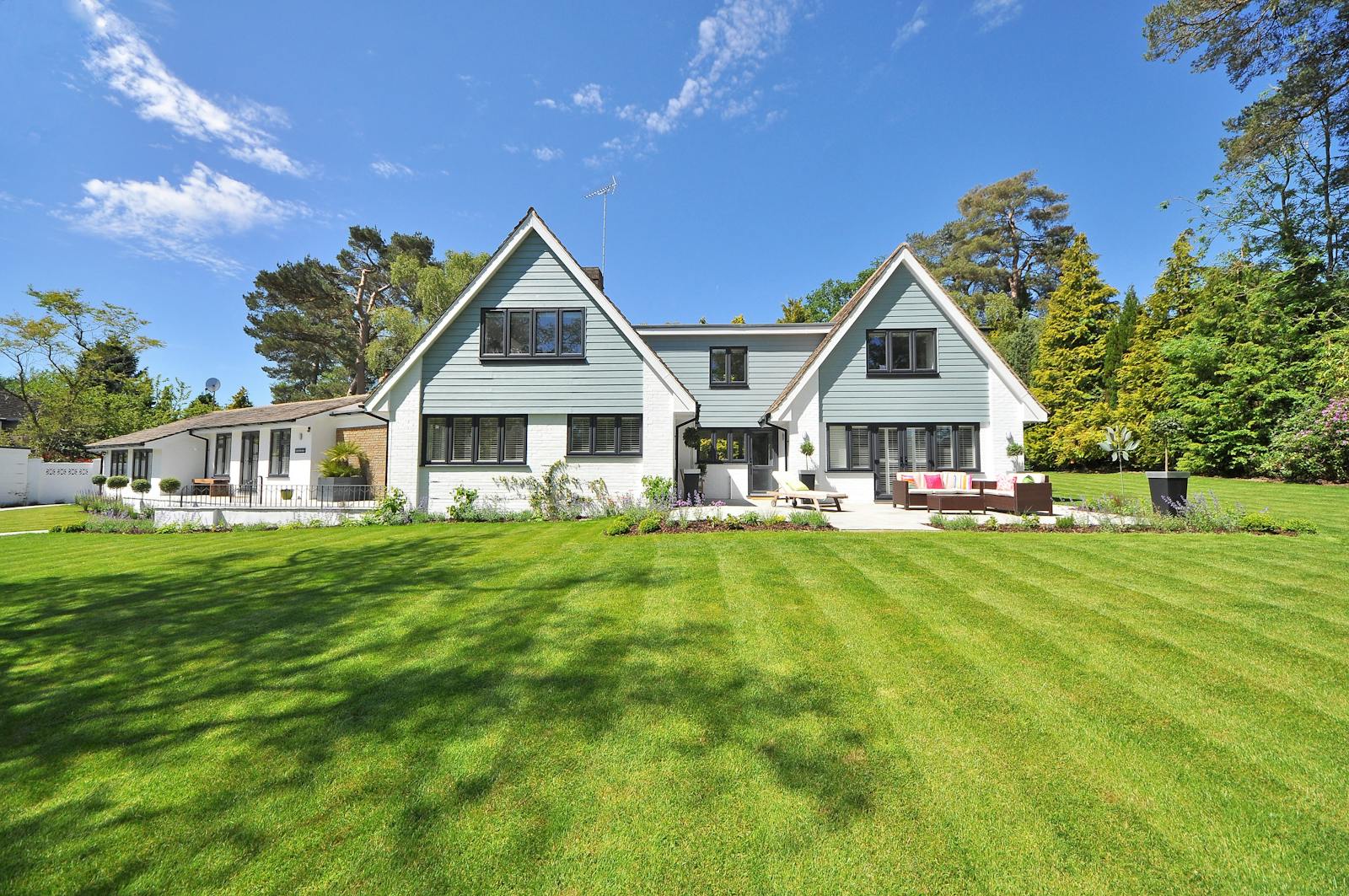Curb appeal encompasses the attractiveness, charm, and overall visual impact of a property’s exterior.
Michelle McNally
It can include landscaping, architectural features, cleanliness, maintenance, and exterior design elements, all of which contribute to the initial impression potential buyers or visitors have of the home.
A change of the season often brings a change in décor, maintenance and care for your outdoor space. Whether you’re preparing to sell your house, or simply take pride in a well-kept home, there are many simple solutions to make your home’s exterior sparkle this summer.
2. Gussy up your grass and gardens
An overgrown lawn full of weeds can be unsightly and is often unappreciated by neighbours. Give your lawn some love by seeding, fertilizing and aerating the grass. Be sure to water your lawn enough for new grass to grow and old grass to remain healthy.
Revitalize existing gardens with fresh mulch and a new plant or two! If you’re starting from scratch, an expert tip to keep your garden looking wonderful and weedless is to lay down landscaping fabric. This will allow water and air to penetrate the soil, while keeping weeds from popping through.
Here are five ways to improve curb appeal:
1. Touch up the driveway
Your driveway is the first thing you’ll see when you arrive at your home, making it one of the most important exterior elements to give attention to when improving your property’s curb appeal.
Clean the driveway with a pressure-washer to get rid of dirt and debris. This may be all you need to do! However, if there are any cracks, loose stones or bricks, be sure to repair or replace them. You could also choose to have your driveway sealed to freshen up the look of it while providing protection against deterioration.
A rock garden or hedge can further enhance the aesthetic appeal of the driveway, lending a natural and visually-pleasing border that complements the existing landscaping.
3. Add character to your front entrance
This is the place you can pour your heart into – the area that greets you every day when you come home, and is the space that invites guests in. You want your front entryway to be warm and welcoming.
Always clean up the space first, removing any clutter or cobwebs, repairing or replacing anything that is broken, and swapping burnt out bulbs in outdoor light fixtures.
Take your front entrance style a step further and paint your front door in a colour that pops. Painting the door not only brightens the home’s facade, but also protects the door from environmental damage.
Next, decorate! Add hanging or potted plants, some comfortable seating if the space allows, and a seasonal wreath as the finishing touch.
4. Update the deck and patio
Pressure wash the patio and deck to remove dirt and any uneven surfaces of the wood. Add a fresh coat of protective stain to the deck, and weed between patio stones. While you have the pressure washer out, consider cleaning off the siding and windows too.
Clean, refinish or replace any weathered patio furniture and arrange them so they’re ready to be enjoyed.
Add potted plants to your deck or patio space for privacy. When large enough, they can provide a barrier from neighbours. They also add to the aesthetic of the space and are appreciated by bees, birds and butterflies.
5. Amp up your lighting
Outdoor lighting can bring your home from looking drab to looking fab after the sun goes down!
Pot lights under the eaves will illuminate the entire exterior, adding a touch of grandeur to your home.
Installing solar powered lights along the driveway or path to the front door is not only welcoming, but also makes it easier to see where you’re going at night. If space permits, try adding a pendant light to your front porch — it’ll make for a cozy and inviting entrance.
The subtle light given off by lanterns or twinkle lights will make your home’s patio, deck or backyard a usable outdoor space for relaxing or entertaining guests.
As you work to enhance your home’s curb appeal, remember that even small changes can have a significant impact. By following these tips, you can create a welcoming and visually stunning exterior that reflects your style and pride of ownership.




